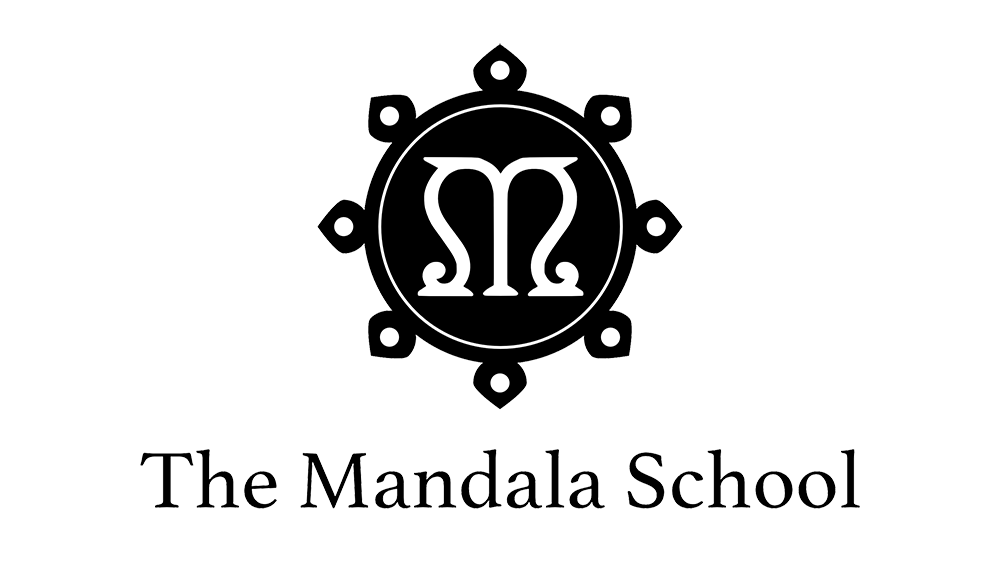Key Differences

The Mandala School vs Public School
Holistic Approach
At TMS, we nurture emotional, social, and academic growth, supporting well-rounded development beyond traditional academics alone.
Meaningful Curriculum
Our curriculum emphasizes project-based learning in STEAM subjects, focusing on individual skill growth and achievement rather than standardized test scores.
Personalized Learning
With small class sizes and tailored instruction, TMS meets each student's unique learning style and strengths, promoting deeper engagement and understanding.
Life Skills & Enrichment
Students participate in enrichment and life-skills programs, gaining practical knowledge that traditional education may not typically provide.
Hands-On, Collaborative Projects
Project-based learning at TMS encourages active participation, hands-on experiences, and teamwork, enhancing problem-solving and creative thinking skills.
Small Class Sizes
Smaller classes allow meaningful teacher-student relationships, personalized attention, and supportive, individualized learning experiences.
Thoughtful Assignments Instead of Busywork
Instead of traditional homework, we encourage students to engage in thought experiments, fostering creativity and deeper understanding, methods historically used by great minds like Einstein and Galileo.
Portfolios Over Letter Grades
Portfolios showcase each student's growth and development holistically, providing richer insights into their achievements compared to traditional letter grades.
Mixed-Age Learning Environment
Mixed-age groups at TMS encourage peer mentorship, cooperation, and social skills, allowing students to learn from each other just like siblings within a family.
Metaphysical Education
Daily meditation, weekly yoga, and metaphysical lessons promote physical health, emotional balance, and mental clarity. These practices help students develop focus, manage stress, and build a deeper understanding of themselves and the world around them.
Democratic Approach to Discipline
Students actively participate in shaping community rules and consequences, empowering responsibility, self-awareness, and collaborative decision-making.
Student Jobs and Community Engagement
Rotating school responsibilities provides students with meaningful roles, practical skills, and a strong sense of community and personal ownership.
At The Mandala School, we believe education should empower students to think independently, explore creatively, and take ownership of their learning journey. The traditional model of education often emphasizes conformity and rote memorization, while we focus on nurturing curiosity, critical thinking, and self-discovery. The videos below explore these very themes—how creativity, agency, and individuality can thrive when students are given the freedom to learn in meaningful ways. We invite you to watch and reflect on how schools can—and should—evolve to truly serve our children.
We know that it’s important to move from compliance to student engagement. But what happens when you take it another step and empower your students to own their learning?
Sir Ken Robinson makes an entertaining and profoundly moving case for creating an education system that nurtures (rather than undermines) creativity.
Fundamental flaws – how our education system kills creativity and produces ROBOTS.

